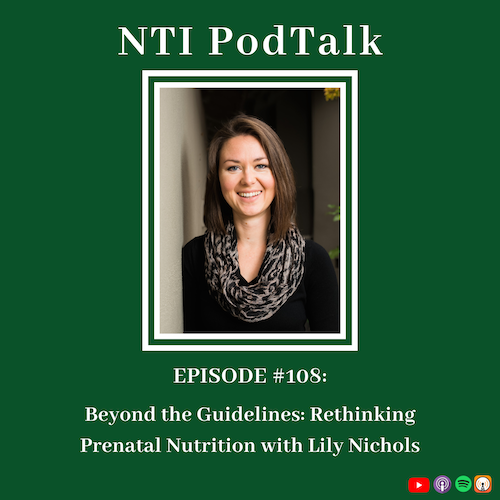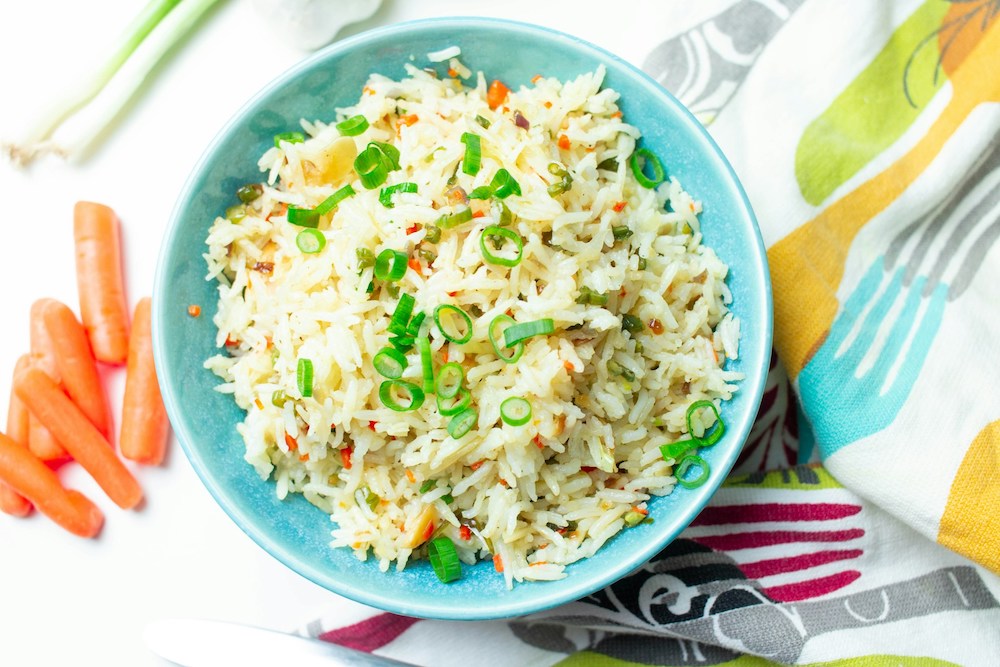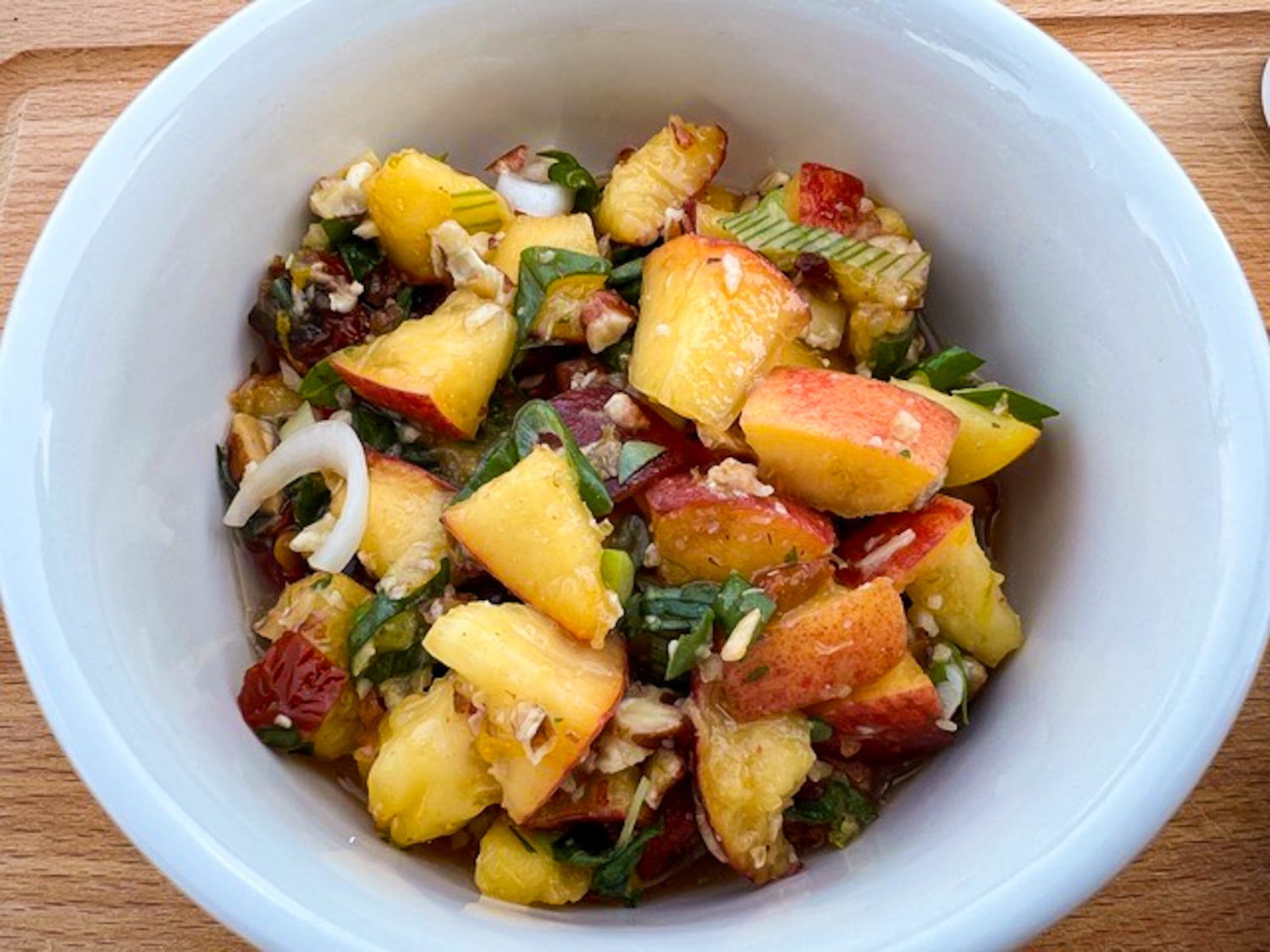
Share this post!
Few things are more loving than a couple choosing to bring a new life into the world. But before trying to conceive, it’s important to ensure that both parents are in the best possible health. Since 55% of pregnancies in the United States are planned, there is a tremendous opportunity for parents to influence the future health of their children by optimizing their preconception nutrient status. Many expecting moms don’t begin to think about their diet until that first prenatal appointment when they are directed to begin taking a prenatal vitamin and told which foods and drugs to avoid during pregnancy. But we can do better than that.
Research tells us that optimizing the diet of both mom and dad prior to conception increases the likelihood of a successful pregnancy and results in healthier offspring. Nutrition therapy can help balance hormones, address deficiencies, and prepare the body for undertaking the huge transition involved in growing a human being. Show some love to your future baby by adding these top preconception nutrients and foods to your diet, ideally at least six months prior to trying to conceive.
B vitamins
All of the B vitamins, but most importantly B6, B12, and B9 (folate) are critical in increasing the probability of conception, preventing early pregnancy loss, and insuring proper development of the baby. Because up to half of the population has a genetic mutation known as MTHFR that prevents the body from properly converting B vitamins into usable forms, it’s especially important that women of childbearing age determine their MTHFR status and check their B vitamin levels to ensure they are adequate, and if not, supplement where needed.
There are nutrition therapy practitioners who specialize in MTHFR and nutrigenomics and can help guide mom and dad-to-be in finding appropriate supplements. Proper levels of B6 prior to conception can help stave off dreaded morning sickness and can also be used during pregnancy to treat this very common pregnancy symptom. Folate is crucial for neural tube development, which occurs in the first few weeks of pregnancy, so the mom-to-be needs to ensure her levels are adequate before becoming pregnant. B12 deficiency, which is more common in vegetarians and vegans, can lead to preterm delivery and birth defects and can be avoided by regularly consuming fish, red meat, poultry, and eggs.
Healthy fats and fat-soluble vitamins
A woman’s body produces more estrogen during a single pregnancy than it does during the rest of her non-pregnant life. Pretty incredible, right? Fats are needed to regulate the production of sex hormones, so loading up your diet with nuts and seeds, oils (coconut, avocado, olive, fish or cod liver), avocadoes, butter from pasture-raised cows, and eggs will help with fertility. If you consume dairy, make sure that it’s full fat, not low or reduced fat. Omega-3 fatty acids from fish are especially important for the development of baby’s brain and eyes, so enjoy your sushi and low-mercury fish as you prepare for pregnancy.
Fat in your diet will help with the absorption of fat-soluble vitamins D, K, A, and E, which all play a role in fetal development. Vitamin D is needed for calcium absorption and to help build baby’s skeleton, brain, and lungs. Maternal vitamin D supplementation even helps to prevent gestational diabetes and is associated with a lower risk of type 1 diabetes in offspring. Vitamin A, especially when obtained from food sources like cod liver oil and eggs, helps support the immune system during pregnancy. Vitamin E, which is abundant in sunflower seeds, almonds, and spinach, boosts sperm health and helps prevent ovulation decline, which is especially important for more mature women who are hoping to conceive.
Magnesium and Zinc
Almost half (48%) of the U.S. population consumes less than the required amount of magnesium, and this deficiency can contribute to many chronic diseases as well as infertility. Adequate magnesium levels are required for progesterone production, which is crucial for maintaining a pregnancy. You can get more magnesium in your diet by consuming beans (pinto, black, navy) seeds (pumpkin, sesame, sunflower) and greens like spinach, Swiss chard, and beet and turnip greens. Another wonderful way to up your magnesium is by soaking in Epsom salt baths or applying magnesium oil directly to the skin.
Zinc is a fertility booster for both men and women, improving sperm count and motility and helping to produce healthy eggs. Zinc deficiency in pregnancy has been associated with a number of adverse outcomes, including low birth weight, premature delivery, labor and delivery complications, and congenital anomalies. The best source is oysters along with other seafood such as clams and lobster, but zinc is also found in beef, pork, beans, and nuts. Be aware that proton pump inhibitors (PPIs) often used for acid reflux impair the absorption of both magnesium and zinc, so it’s best to avoid long-term use of these drugs if you are trying to conceive.
Probiotics
Research regarding the impact of the maternal microbiome on fetal outcomes is ongoing, but we know that the composition of a baby’s microbiome is directly related to that of its mother. Consumption of probiotic foods during pregnancy has been associated with lower rates of preterm birth and preeclampsia. Foods that provide natural sources of probiotics are yogurt, sauerkraut, kimchi, kombucha, fermented vegetables, miso, and apple cider vinegar. One study reported that the incidence of gestational diabetes was significantly reduced among women supplemented with probiotics vs. dietary alteration alone, so adding a probiotic supplement to your preconception regimen is a great idea.
Looking To the Future
If you have been using birth control pills, pay special attention to consuming foods that are good sources of B vitamins, vitamin C, magnesium, and zinc, all of which are depleted when taking oral contraceptives. While you are incorporating these foods and nutrients into your preconception diet, there are also some things you should make an effort to eliminate or greatly reduce to improve fertility and the health of your future baby.
Endocrine-disrupting chemicals such as phthalates (found in fragrance added to cosmetics, cleaning products, and plastic food containers), BPA, pesticides, fluoride, and heavy metals (lead, mercury, arsenic) can decrease fertility. Many of these chemicals are contaminants in public drinking water supplies, so be sure to filter your water or use spring water for drinking and cooking. Purchase organic food as much as possible to decrease your exposure to synthetic pesticides. Harvard researchers published a study in the JAMA Internal Medicine last year reporting that women who ate organic food had reduced risk of pregnancy loss and increased fertility.
While it is easier said than done, stress should also be minimized and managed as much as possible due to its negative effects on the endocrine system. So, don’t feel guilty about saying “no” to extracurricular activities, taking naps when you need them, or practicing self-care routines such as yoga, hot baths, or getting a massage or pedicure. What a great way to celebrate Valentine’s Day by showing yourself some love while preparing your body to give your baby the greatest gift of all…good health!
-Cadie Berrian, BA, MNT
Related reading…
10 Science-Backed Ways to Feel More in Love
Male Infertility – An Epidemic That’s Getting Very Little Media Coverage
Nutritional Support for Endometriosis
The Menstruation Made Easy Series:
How to Cycle Sync for Better Periods – Part One: Follicular Phase (Spring)
Part Two: Ovulatory Phase (Summer) – Time to Shine
About Nutrition Therapy Institute’s Holistic Nutrition Certification
Nutrition Therapy Institute (NTI) is a leader in holistic nutrition education. Since 1999, NTI has provided students with the highest quality in nutrition training by offering comprehensive holistic nutrition courses online and in-person to help students achieve thriving careers as holistic nutrition therapists in the field of holistic nutrition counseling and wellness. Interested in starting our holistic nutrition courses and earning your holistic nutrition certification? Attend an informational webinar to learn more!
Share this post!

















